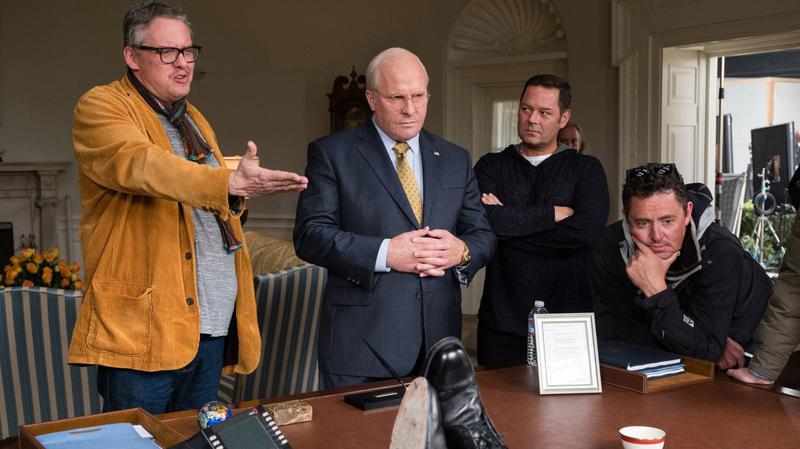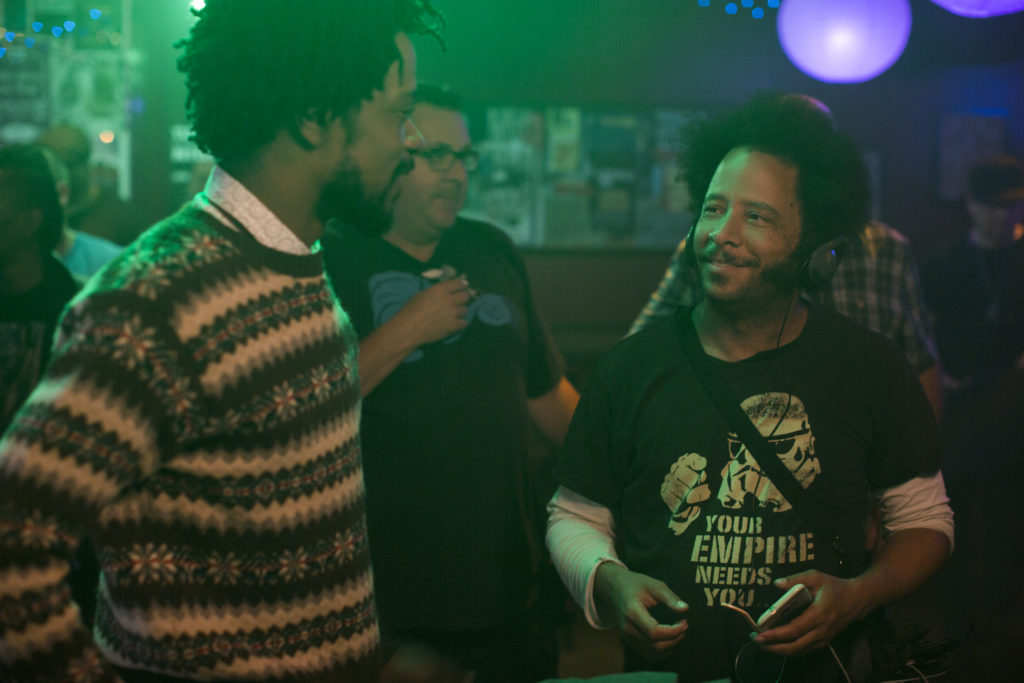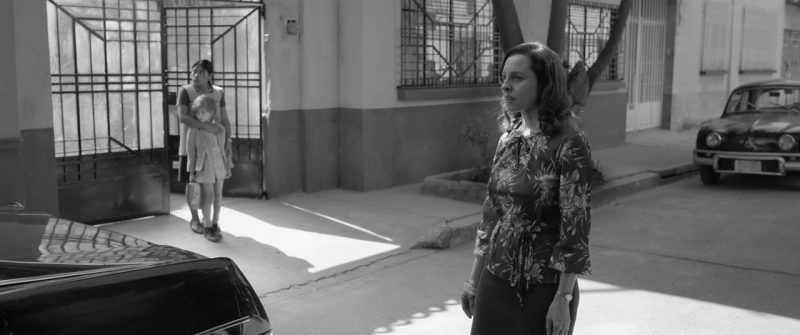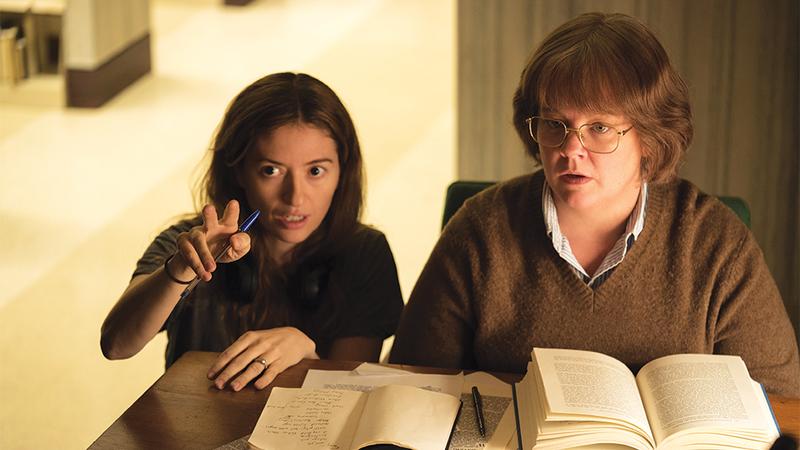
Oscars Deathrace 2019: Best Original Screenplay
February 12, 2021The funniest movies of the year.
Over the last few years, I wrote a series of Oscars articles for The Phoenix News, in which I weighed in on which movies I thought should win the Oscar in that year.
This article was originally published in The Phoenix News under the title “Who Should Win the Oscar in 2019? Best Original Screenplay“

Who Should Win: Adam McKay, Vice
Adam McKay has a talent for nuanced portrayal of current events. The Other Guys was a surprisingly informative expose on pyramid schemes, The Big Short dramatized a financial crisis that was barely 7 years old when the movie released, and similarly, Vice is a politically neutral, but relentless biography of Dick Cheney during the years of his tenure as Vice President of the United States.
Vice is the best movie McKay has ever written. In a way, it’s the culmination of his career up to this point. The Other Guys leaned so heavily into its buddy-cop narrative that the political elements seemed an afterthought. Meanwhile, The Big Short had the opposite problem, with the plot seeming almost inconsequential.
Vice smartly wraps its historical context around Cheney’s pursuit of the “Unitary Executive Theory,” a reading of the US constitution that essentially allows the president to act with impunity. The “Unitary Executive” is treated like the Holy Grail, and Cheney like Percival. Every decision Cheney makes in the course of the film sees him get closer and closer to a goal tantalizingly near, but likely out of reach. This plot structure not only keeps Vice interesting but at times even tricks the audience into rooting for a man who is clearly the villain of his own story.
But more than just an uplifting tale of an Arthurian hero in the 20th century, Vice is also the funniest movie of last year. McKay brings his talent as an absurdist comedy writer to the table, creating gut-bustingly funny scenes like a fake-out happy ending after Cheney declines the offer to run alongside George W. Bush, a scene of a focus group evaluating Vice, and an entire Shakespearean dialogue – because the real details of that conversation aren’t known.
As a comedy in a category filled with hard-hitting dramas, Vice is definitely the underdog for Best Original Screenplay. Nevertheless, it’s easily the best and funniest screenplay filmed this year.

Who Got Snubbed: Boots Riley, Sorry to Bother You
The second funniest movie of the year is Boots Riley’s directorial debut Sorry to Bother You.
Sorry to Bother You is an absolutely insane story about a black man who develops a “white voice” – literally voiced by a different, white actor – to improve his telemarketing skills. As he becomes more successful in his field, he ends up disconnected from his co-workers and begins to uncover a secret plot to establish a class of manual labourers even lower than the current working class. It’s a strange tale of conspiracies, worker rights, race relations, and lifestyles of the rich and famous, all wrapped around a bizarre narrative about telemarketing.
Sorry is a surreal slow-burn. The characters are grounded and relatable, starting the story as young people living paycheck-to-paycheck. As the story progresses, the audience’s suspension of disbelief is rarely even pushed: one company has a monopoly on nearly all manual labour jobs, some people develop “white voices” to sound more appealing to certain demographics over the phone, some telemarketers make a lot of money.
But every now and then, Riley will sneak in something almost imperceptible to stretch that suspension of disbelief. When the movie finally goes off the deep-end, it feels like a natural progression of the plot. Though it is not the expected progression the audience might have thought of, the plot does not seem as outlandish as it could.
Sorry to Bother You is a tightly-written masterclass in absurdist storytelling. At times heartfelt, at times uncomfortable, and consistently hilarious, Sorry is 2018’s weirdest movie, and really has to be seen to be believed.
Other Notable Snubs: Drew Goddard, Bad Times At the El Royale; Jenle Hallund and Lars von Trier, The House That Jack Built; Ari Aster, Hereditary.

